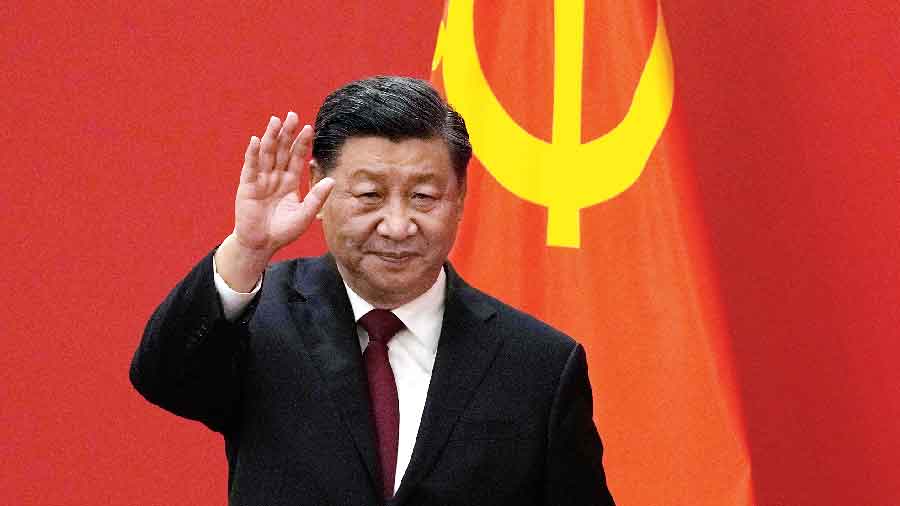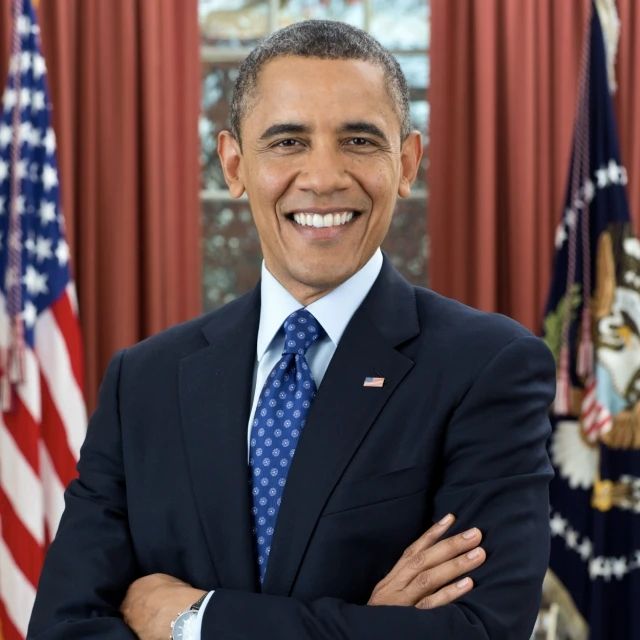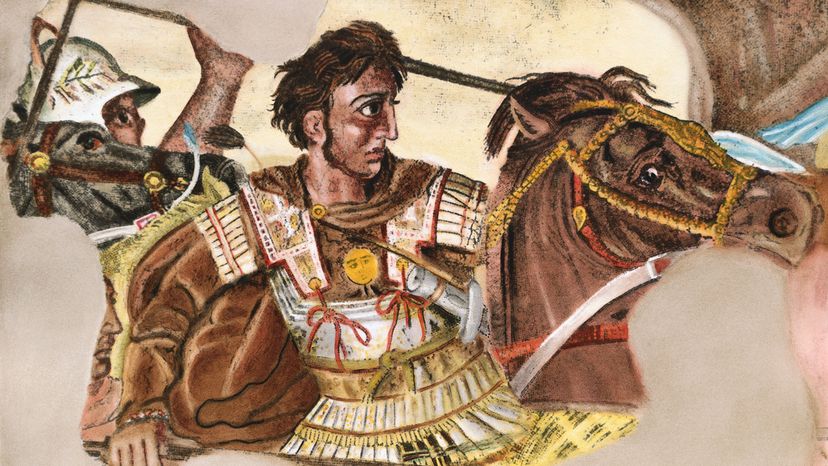Introduction: The Leadership of Xi Jinping
Xi Jinping, the General Secretary of the Communist Party of China and the President of the People’s Republic of China, has emerged as one of the most powerful and influential leaders in the world. Delving into the details of his leadership reveals a narrative marked by consolidation of power, economic reforms, and assertive foreign policy.
Rise to Power: The Son of the Revolution
Born in 1953 in Beijing, Xi Jinping is the son of revolutionary hero Xi Zhongxun. His upbringing within the Communist Party elite and his experience in various government positions paved the way for his ascent to the pinnacle of power in China. Xi assumed the presidency in 2013 and quickly consolidated his authority, becoming the most powerful Chinese leader since Deng Xiaoping.
Economic Reforms: A Vision for the Future
Under Xi Jinping’s leadership, China has embarked on a path of economic reform and modernization aimed at sustaining growth and promoting innovation. Initiatives such as “Made in China 2025” and the “Belt and Road Initiative” seek to enhance China’s technological capabilities and expand its influence in global trade and infrastructure development. Additionally, Xi’s administration has prioritized efforts to address income inequality and environmental degradation, signaling a commitment to balanced and sustainable growth.
Political Consolidation: Centralizing Authority
Xi Jinping’s tenure has been characterized by a centralization of power within the Communist Party and the government. His anti-corruption campaign, launched shortly after assuming office, has targeted high-ranking officials and party members, signaling a commitment to rooting out corruption and maintaining party discipline. However, critics argue that the campaign has also been used to silence dissent and consolidate Xi’s own power.
Social Control: The Surveillance State
Xi Jinping’s government has expanded its use of technology and surveillance to maintain social stability and control. The development of a vast network of surveillance cameras, facial recognition technology, and social credit systems has raised concerns about privacy rights and individual freedoms. Critics accuse the government of using these tools to suppress dissent and monitor citizens’ behavior, further tightening its grip on power.
Foreign Policy: Asserting China’s Influence
Xi Jinping’s foreign policy agenda is characterized by a more assertive and assertive approach to China’s role on the world stage. Under his leadership, China has sought to expand its influence in the Asia-Pacific region and beyond, asserting territorial claims in the South China Sea, promoting the Belt and Road Initiative, and challenging the United States for global leadership. Xi’s vision of a “Community of Shared Destiny” seeks to position China as a responsible and benevolent global power.
Challenges and Criticisms: Balancing Power and Stability
Despite his accomplishments, Xi Jinping’s leadership faces challenges both domestically and internationally. Economic slowdown, environmental degradation, and social inequality remain pressing issues that threaten China’s stability and prosperity. Internationally, concerns about China’s human rights record, trade practices, and assertive behavior have strained relations with key partners and raised questions about China’s long-term intentions.
Conclusion: The Future of China and Beyond
In retracing the leadership of Xi Jinping, we encounter not just a leader but a symbol of China’s resurgence and ambition on the world stage. His tenure as China’s paramount leader has been marked by moments of triumph and controversy, progress and stagnation. As China continues its rise as a global power, let us draw lessons from Xi’s leadership and work towards a future where cooperation, dialogue, and mutual respect define relations between nations.
With each step forward, may we honor the aspirations of all peoples for peace, prosperity, and progress, and may we strive to build a world where every nation can contribute to the common good.












+The+Future+of+Technology.jpg)

)